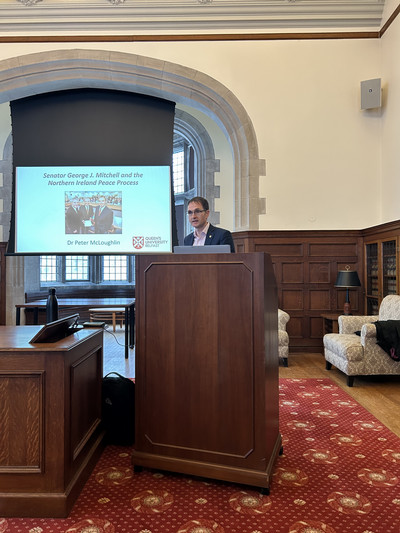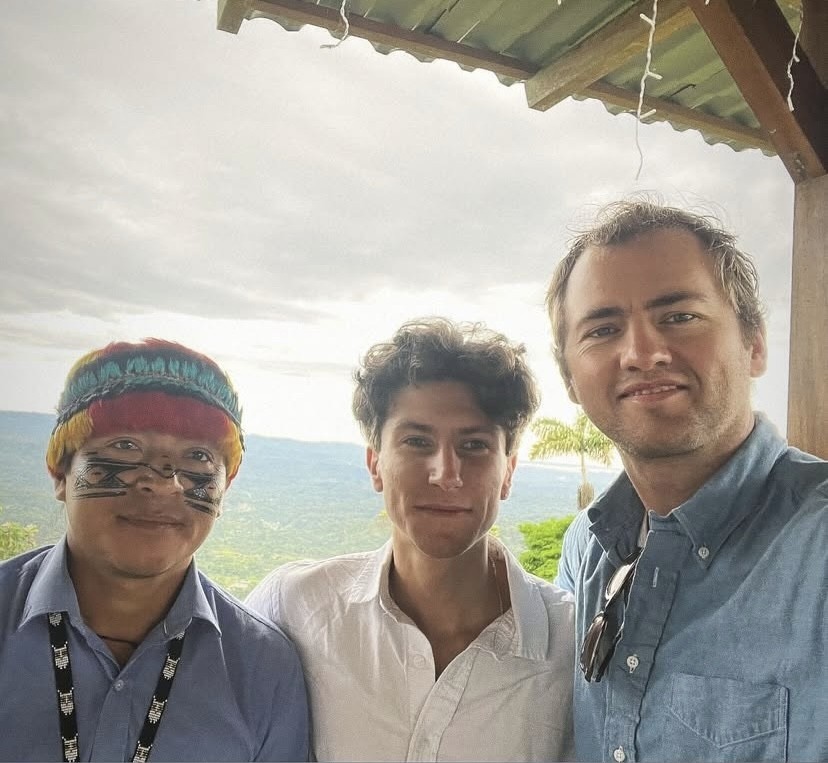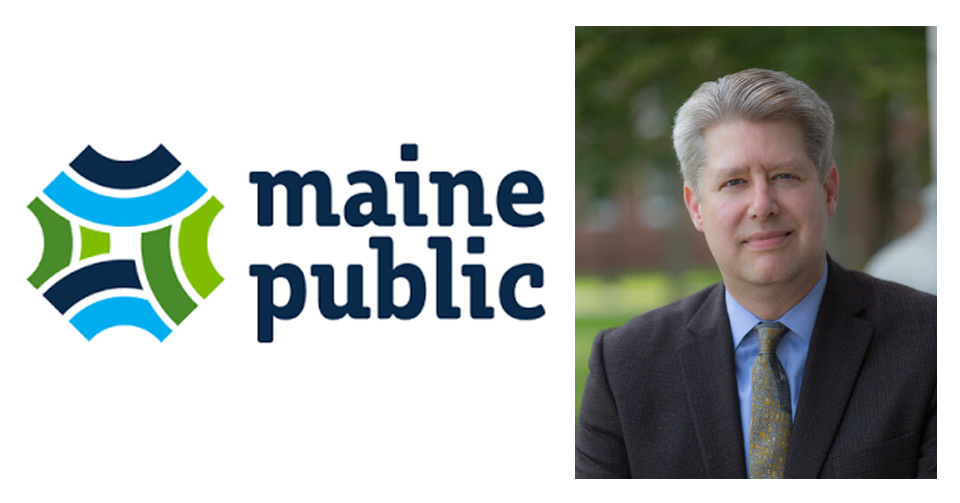Prof. Robert Morrison on Turkey: Attempted Coup Leaves Erdogan in ‘Much Stronger Position’
By Tom Porter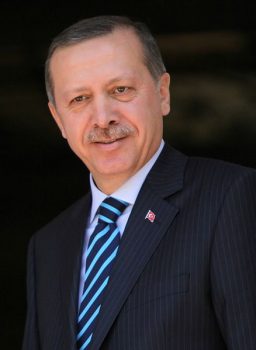
It’s been a tumultuous few weeks in Turkey. Last month’s failed coup by a faction of the Turkish military has led to a huge crackdown by President Recep Tayyip Erdogan, who ordered the arrest or suspension of thousands of government and military officials, and others. Professor of Religion Robert Morrison, who has lived and studied in Turkey, shared his thoughts on the situation.
Where does last month’s coup attempt leave President Erdogan?
Last month’s coup attempt leaves Erdogan in a much stronger political position for three reasons. First, he now has greater license to go after army officers whom he believes to be disloyal. Second, for those Turks who want more space for Islam in public life, Erdogan’s ability to put down the coup makes him appear to be like the Kemal Atatürk of a more Islamic Turkey. Just as Atatürk is credited with the creation of modern, secular Turkey, Erdogan’s ability to withstand that bastion of secularism, the army, has the potential to make him the Islamist Atatürk. Third, when you look at reactions to the coup while it was unfolding, one notes a) that a lot of military officers remained loyal; b) that some of Erdogan’s political opponents did not support the coup (preferring democracy, whatever the results); and c) the pro-Erdogan street demonstrations revealed the depth of his political support. These reactions showed that Erdogan’s political base is strong, his vehement enemies in the military perhaps fewer than expected, and his political opponents respectful of his legitimacy
What are the implications regarding Turkish foreign and domestic policy?
Domestically, the failed coup should give Erdogan more political capital for his push to amend the constitution to create an executive presidency. After all, Erdogan had already served the maximum three terms as Prime Minister and ran for President, historically a ceremonial office. But, although Turkey has a new PM (Binali Yildirim, previously Ahmet Davutoglu), Erdogan is seen as the de facto ruler. He was interested in amending the constitution beforehand and with the three-month state of emergency he has declared, he seems to be ruling at will. Certainly in the short term (if not the long term as well), the failed coup will not be good for US-Turkey relations.
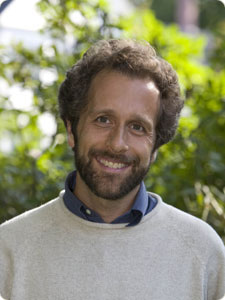
As someone who respects modern Turkey deeply, my main concern is whether Erdogan’s undoubtedly enhanced political position leads to a better Turkey. As an academic, I am concerned that the government has demanded the resignation of all 1,577 university deans in Turkey. I do think that some or many of these academics will be reinstated, but this crackdown cannot help Turkey maintain its position as the country with one of the best systems of higher education in the Islamic world. The purge of judges will make the rule of law more difficult. Turkey jails a lot of journalists and the response to the coup will not make their press freer. Also, Turkey is a NATO member and a pillar of modern Turkey is the army. As the coup plotters were army officers, Erdogan will, understandably, be interested in uncovering all of those responsible. Overzealous reprisals against army officers would ignore the value of a strong Turkish army for the regional balance of power and the fight against ISIL, or Islamic State. Even in the best case scenario, the army will take several months to recover as it is busy policing itself.
